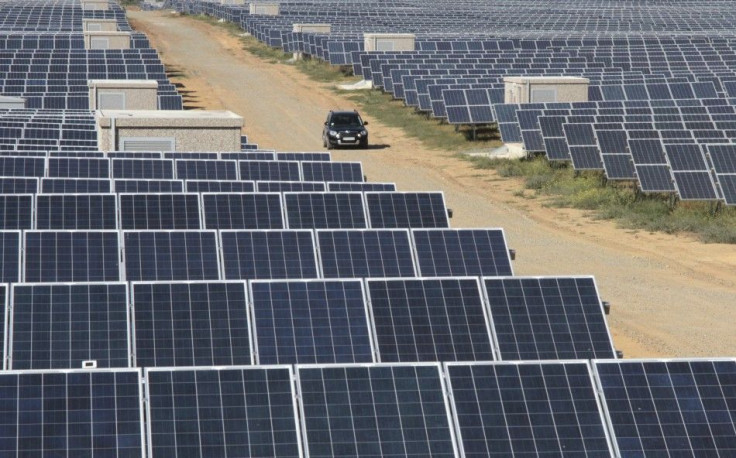Tesla Competitor Sono Motors Starts Solar Car Production By 2020

While Tesla's Elon Musk rejects the idea of putting solar panels on the car, its competitor, Sono Motors, built an entire model that relies on solar energy.
Sion, the car model of Germany-based Sono Motors, has its whole surface covered with solar panels. Since one on the roofs may not be enough to supply energy that will last a good drive, the solar cells are also on the hood of the car, the doors, fenders, and tailgate. This model is set for production by 2020.
The ambition for this car is to be purely eco-friendly which is why the company had pursued a different path in getting funding for its business. Instead of pursuing a financing strategy that would subject the company to the influence of traditional investors, Sono Motors launched a community funding campaign in Europe with a target of raising €50 million ($55,347,000) from Dec. 2 to Dec. 31, per the company's press release.
"We realized again and again over the past few months that we have entirely different goals to traditional financial investors," said Laurin Hahn, CEO, and co-founder of Sono Motors.
"Aggressive growth and quick profits are difficult to reconcile with a sustainable corporate and vehicle concept which is designed to give access to affordable and eco-friendly electromobility throughout. In addition, providing start-ups that have a capital-intensive business model with venture capital does not work in Germany, neither in the initial stages nor at the growth stage. Had we relied solely on funding measures or the German market environment, Sono Motors would probably not exist in its current form."
Apart from being climate-friendly, the company also features some sharing capabilities for their vehicles. One is through the goSonno app, which allows owners to share their Sion with others and make money; the other one is to share energy through what the company terms as bidirectional charging function.
However, Sion isn't ideal for long journeys on solar power as its capacity is just 21 miles. With its 35-kWh battery that fills up 80% after a 30-minute charge, it can last up to 158 miles.
The price target for the vehicle is just over $23,000, according to Green Car Reports.
© Copyright IBTimes 2024. All rights reserved.




















